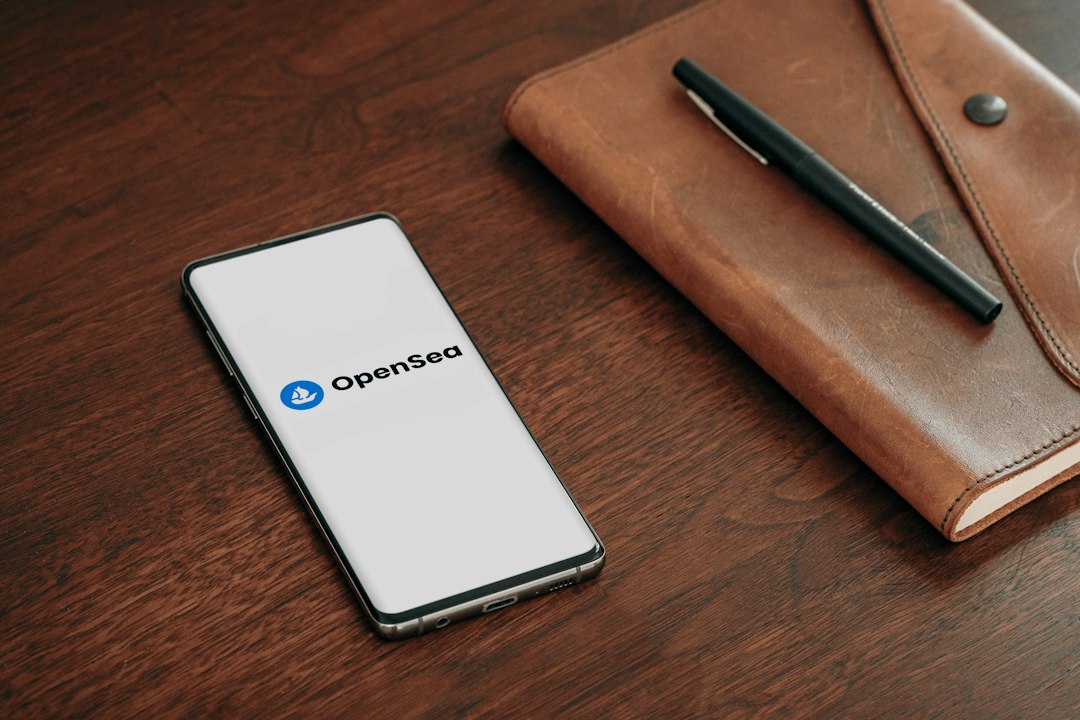SBF Lawyers Seek Clarity on Alameda Research Loans
Sam Bankman-Fried, the founder of FTX exchange, is facing scrutiny over loans received from Alameda Research. Bankman-Fried’s lawyers are seeking clarification from Gary Wang, co-founder of FTX, regarding the details and legal aspects of these loans.
Last week, prosecutors in the trial questioned Wang about a series of personal loans amounting to approximately $200-$300 million. These loans were issued by Alameda to fund venture investments by FTX and even Wang’s house purchase in the Bahamas.
Bankman-Fried’s attorneys emphasized that the loans were legitimate, structured by lawyers, and documented with formal promissory notes. This challenges the notion that they were merely sham loans intended to conceal the source of funds.
Bankman-Fried’s legal team has outlined specific questions they intend to ask Wang. These include inquiries about the attorneys involved in the loans, their role, the loan terms and obligations, and Wang’s concerns at the time of signing.
Alameda Research and FTX Relationship Under Scrutiny
The trial has focused on the relationship between Alameda Research and FTX. Wang’s recent testimony revealed an interesting arrangement: under Bankman-Fried’s guidance, Alameda had the ability to withdraw funds even with a negative balance. These withdrawals were sourced directly from FTX’s customer deposits.
In addition to this revelation, Wang also disclosed that FTX’s claimed $100 million insurance fund for 2021 did not exist and never contained any FTX tokens (FTT) as previously announced.
BitMex Research shared alleged evidence suggesting that FTX may have used a random number generator to display the insurance fund value publicly.
Hot Take: Serious Questions Surrounding Alameda Research Loans and FTX Relationship
The ongoing trial involving Sam Bankman-Fried, Alameda Research, and FTX has raised significant concerns. The legitimacy of the loans received by Bankman-Fried from Alameda is being scrutinized, with lawyers seeking clarity on the legal aspects.
Furthermore, revelations about the relationship between Alameda and FTX have raised eyebrows. The ability to withdraw funds even with a negative balance, sourced directly from customer deposits, raises questions about financial practices and transparency.
The revelation that FTX’s claimed insurance fund did not exist as previously announced adds another layer of doubt. Allegations of using a random number generator to display false information further erode trust in the platform.
As the trial unfolds, it remains to be seen how these revelations will impact the reputation and future of both Alameda Research and FTX.





 By
By
 By
By
 By
By
 By
By
 By
By
 By
By